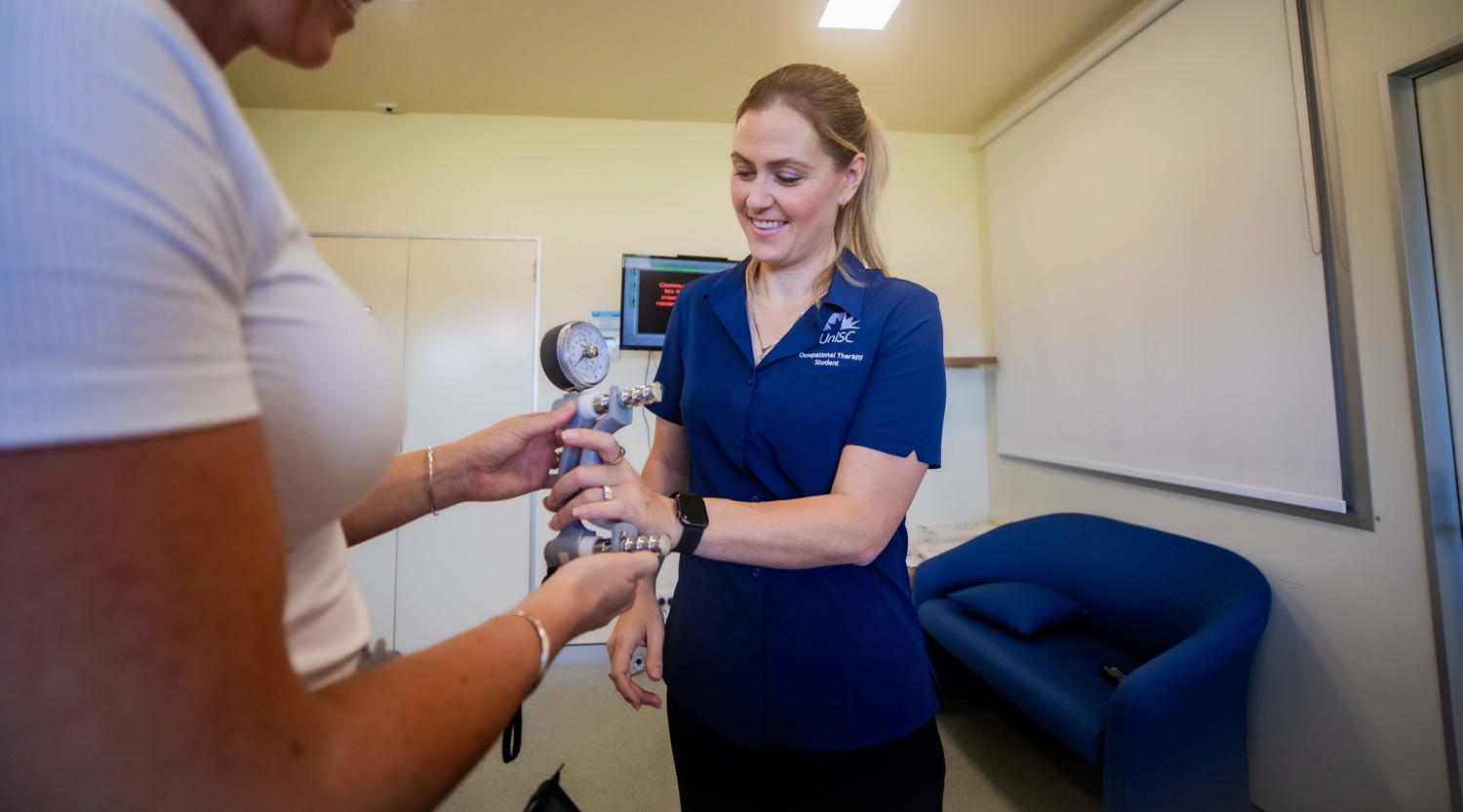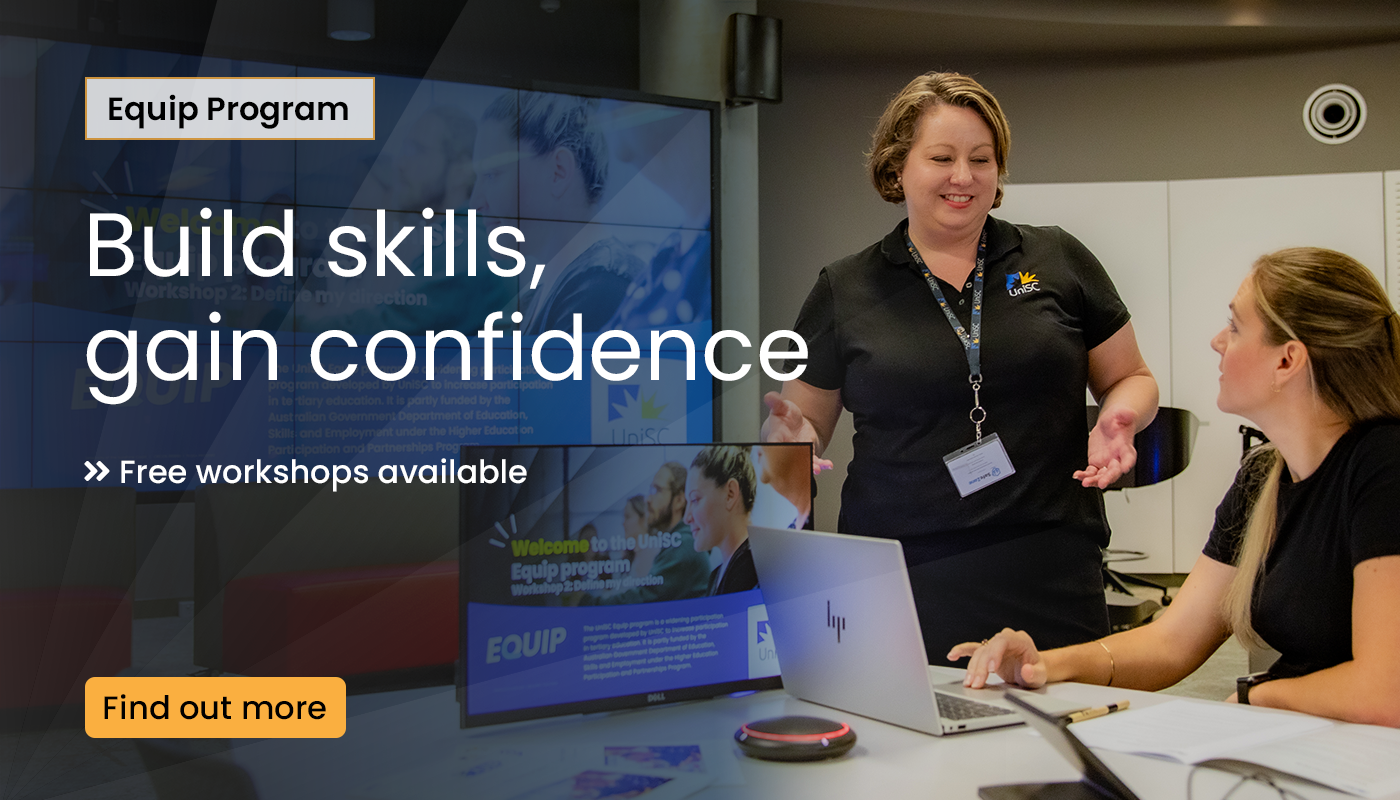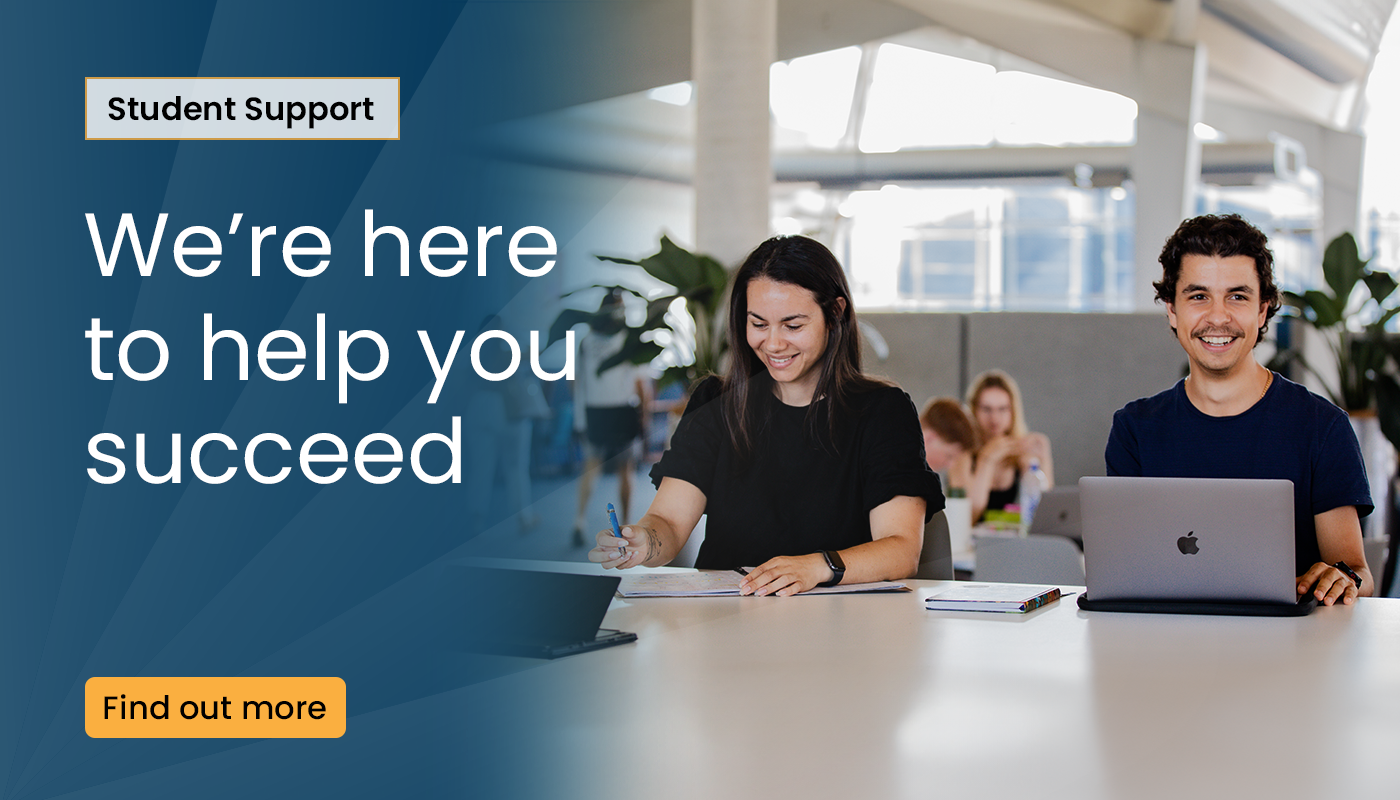Elizabeth Schahinger didn’t know what to expect when she arrived at the hospital where her 12-year-old nephew had been admitted with serious head and neck injuries.
His fall from a cliff, after slipping on wet rocks above a local waterhole, was so bad that his childhood friend had to perform CPR on him after he was pulled from the water.
When he was admitted to hospital, doctors believed he would never walk again.
But Elizabeth believes occupational therapists changed this outcome, working with her nephew over the next 12 months in the Queensland Children’s Hospital to help him gain mobility.
“It really opened my eyes to what OTs do,” Elizabeth says.
“Everything they did was customised to him – I could name 10-15 different things they did that would have made him push himself.”
Bachelor of Occupational Therapy discipline lead Professor Pamela Meredith says relating to people and understanding what is meaningful to them was key to helping them break down everyday barriers.
“Occupational therapy is an incredibly rewarding profession, and we are privileged to help people overcome limitations caused by injuries, illness, psychological or emotional difficulties,” Professor Meredith says.
“We are passionate about teaching our students the underlying philosophy and skills that underpin occupational therapy and providing the hands-on experiences needed to enter the industry.”
A couple of years later and Elizabeth’s nephew has made an incredible recovery, gaining almost full mobility – walking and running and enjoying life with his teenage friends.
But that time in the hospital changed Elizabeth’s life. Up until that point, she’d never considered university study. She never believed she was smart enough – a common but misguided mindset for many students before they enrol.
For Elizabeth, that mindset came from her previous experience with the education system.
Having been diagnosed with dyslexia when she was six, Elizabeth says she always struggled with written exams when she was at school.
“When I read a question in an exam, it often doesn't comprehend straight away – it takes a while,” Elizabeth says.
“It's frustrating because it can take 10 minutes reading one question before it connects. That’s 10 minutes out of a 30-minute exam.”
As a consequence, Elizabeth went straight into the workforce from school. But it was clear she possessed a lot of natural talent when it came to working with people. Clear, at least, to those around her.
A friend encouraged her to look into going to uni, which led her to joining the UniSC Equip program – a free, government-funded program for adults who are considering TAFE or uni. This program is specifically focused on supporting people who may have experienced disadvantage, or who are from underrepresented groups in higher education, such as people with a disability.
During one of these workshops, when participants were asked to write down barriers stopping them from going to uni, Elizabeth wrote down “not smart enough” – a statement that drew a gasp from some other participants in the room.
“I know I can verbalise everything,” Elizabeth says.
“But when it comes to writing it down, pen to paper, it's the complete opposite.”
However, with some encouragement from the Equip staff, Elizabeth ended up applying to study using a diploma she’d previously received, to help her gain entry to OT.
Now a year into the degree, Elizabeth is characteristically humble when asked about how she’s going.
“I will always have that voice in the back of my head saying I'm not smart enough. But I've been averaging distinctions,” Elizabeth says.
It’s the product of hard work and determination. But Elizabeth also credits her result to the support she’s received during her study – particularly from the AccessAbility team, who help devise learning access plans for to ensure students from all abilities and backgrounds have fair access to university education.
“It’s been on the biggest shocks to me about uni – how much support’s available,” Elizabeth says.
“Right from the start I got on to having learning advisors, which just helps keep me on track and accountable for the goals I set.”
Deputy Vice-Chancellor (Academic) Professor Mike Wilmore says UniSC champions equity, inclusion and universal design, ensuring all students have the same opportunities to thrive.
“Guided by compassion and the principles of self-determination, we remove barriers, advocate for accessible learning and foster independence,” Professor Wilmore says.
“Every step we take is grounded in the belief that education should empower all students, regardless of their abilities, to succeed – it’s one of the reasons we’re proud to say we’re so highly rated for our student experience."
Media enquiries: Please contact the Media Team media@usc.edu.au




